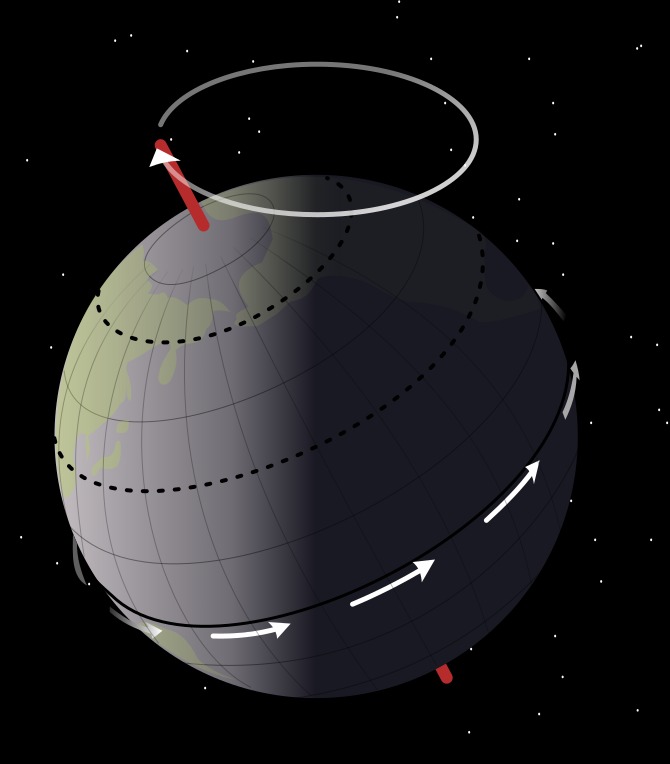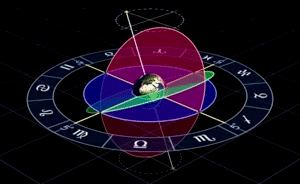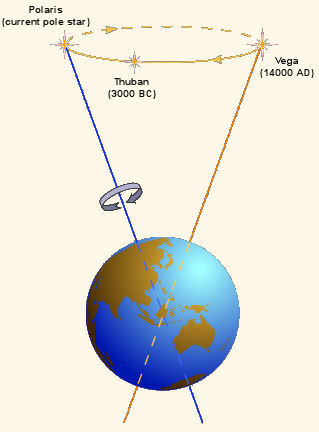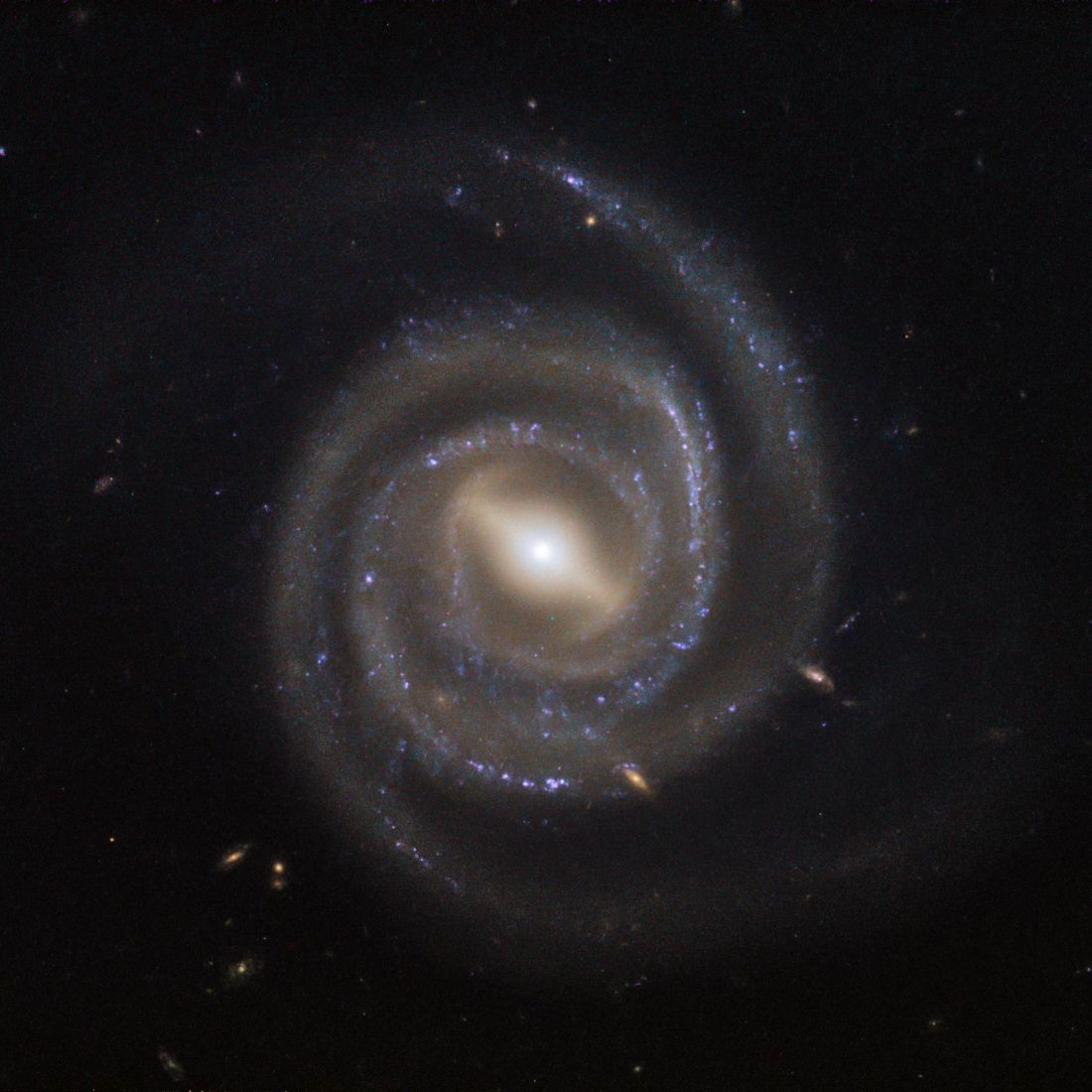Let’s say the average human has a lifespan of 80 years. To make it a little easier on our calculations, we’ll bump it up to 100 years. Let’s represent that as a dot.

The species Homo Sapiens has been around for roughly 200,000 years. If the human lifespan is shown as a single dot, the age of mankind would be 2,000 dots.

Dinosaurs walked the Earth until 65 million years ago, when they were quite rudely wiped out by a giant flying rock and the catastrophic environmental disasters that ensued. Things didn’t start settling back down for another few million years, and we enter the Eocene era about 50 million years ago. That’s 500,000 dots.

If I were to keep going with the age of the universe, you’d quickly run out of bandwidth. So let’s take a break here and scale down our dot size. One red dot = 500,000 black dots.

The age of Earth itself is dated to approximately 4.5 billion years old. That means that of Earth’s lifetime, humans have only been around for about 0.004% of that time. If we were to use the dot representation, we would have to use 45 million / 500,000 = 90 red dots.
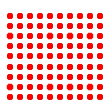
The age of the universe is estimated to be about 13.82 billion years. 13.82 billion / 500,000 is roughly 140 red dots.
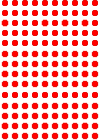
Remember, each red dot is a really, really big block of black dots.
It’s easy to forget just how mind-blowingly large a “billion” really is. Pictured above, those 140 red dots don’t seem like very much, but once you realize that each of those red dots represents one of these…

…you start realizing just how much meaning is packed into the phrase, “13.82 billion”.
The Cosmic Calendar is a long calendar, and the human lifespan is just a blink of an eye when you compare it to the lifetime of the universe. But I think it’s also important to remember that we are an incredible species. Thousands of years ago, humans never would have dreamed of flying across the big blue sky. A few decades ago, humans never would have dreamed of traveling to the moon. Right now, we can’t even dream about floating amongst the stars. But maybe, one day we will.
As Carl Sagan said,
“We are a way, for the cosmos, to know itself.”
Thanks for reading,
Emily


